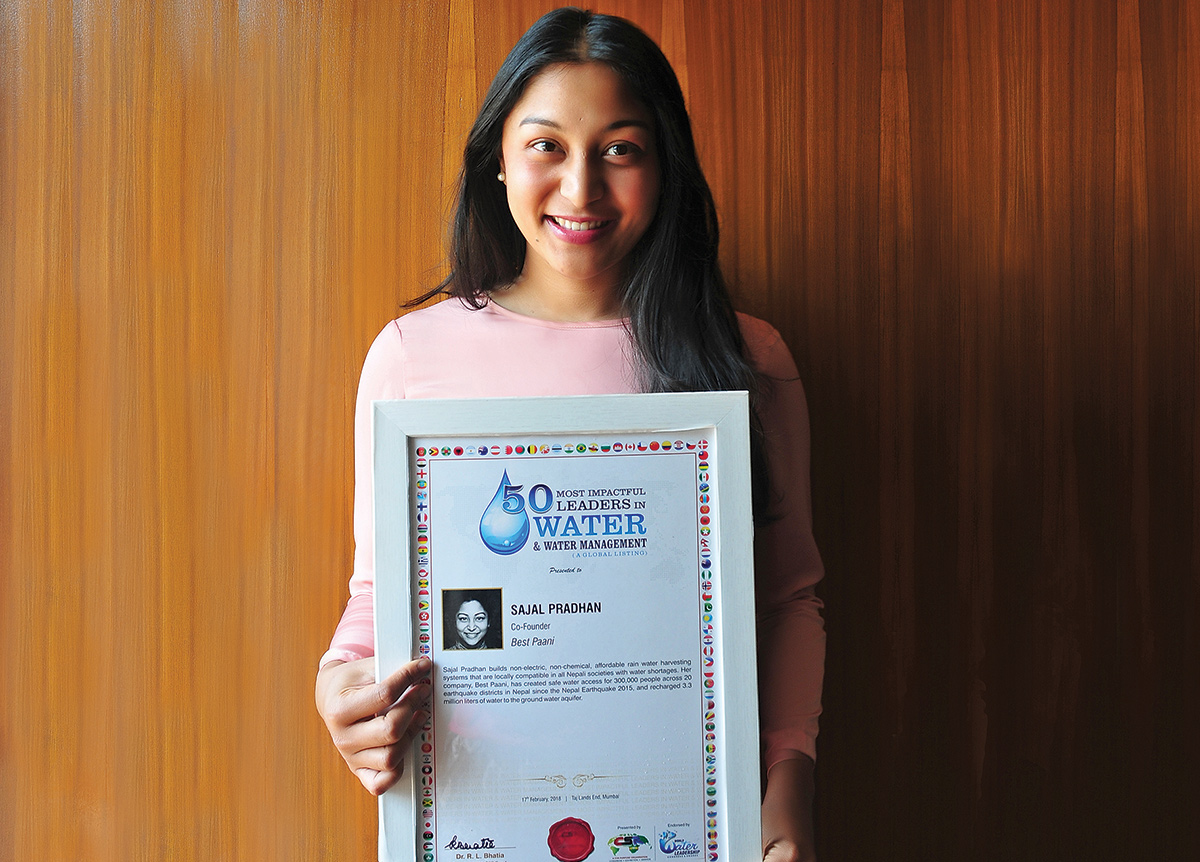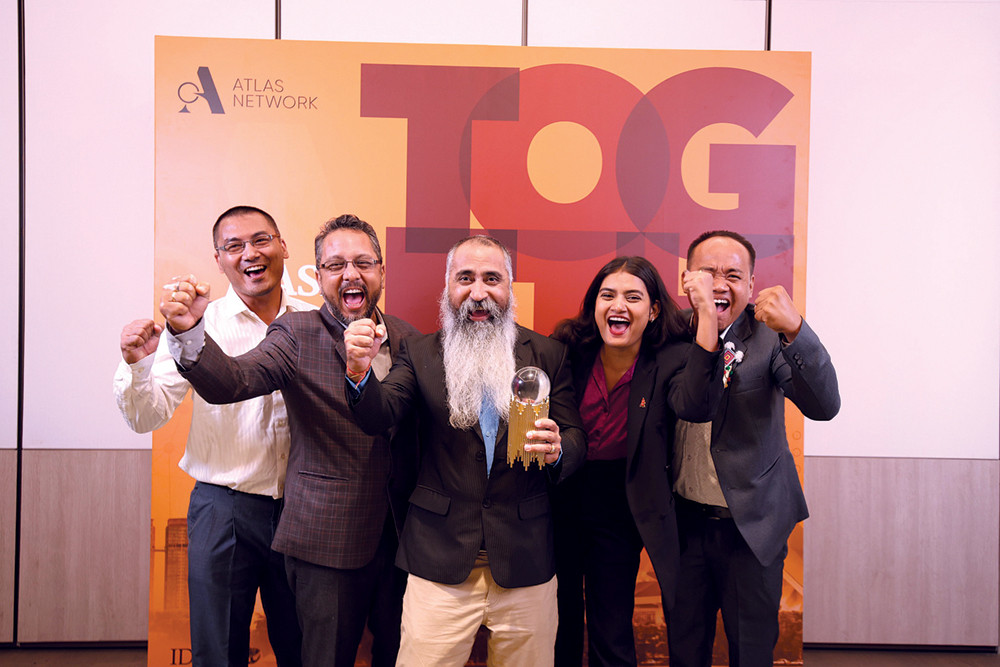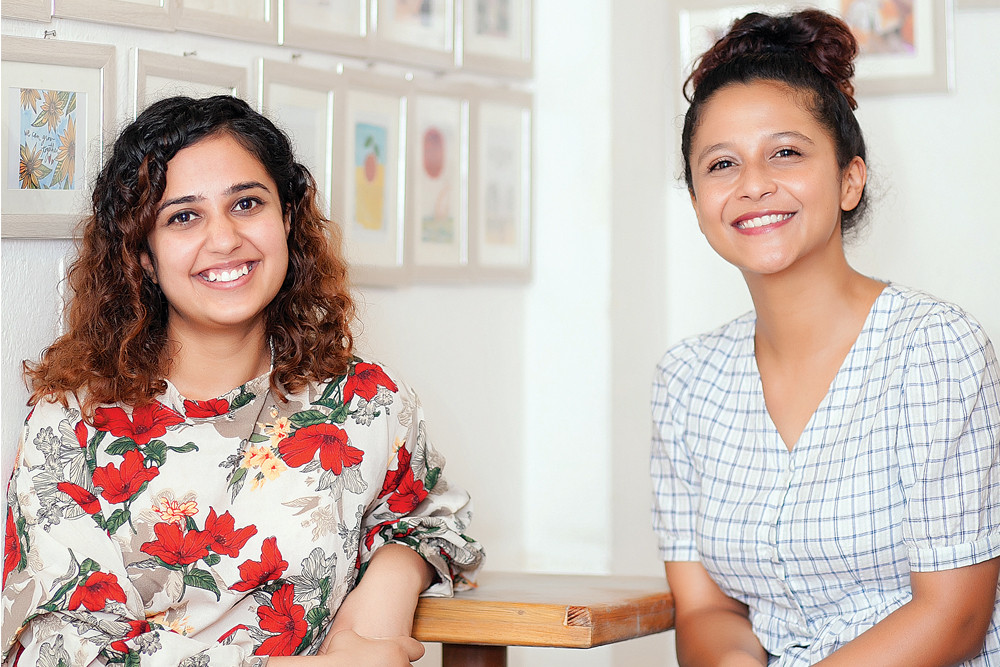
- by Rebati Adhikari
It would not be wrong to say mobile phones are running our lives. Booking a holiday, shopping, reading, watching movies, playing games, what can we not do through a mobilephone – almost everything! “People don’t leave their homes without two things, mobile phone and wallet. We want to make it to one – mobilephone,” says Manish Modi, one of the founders of Khalti, mobile wallet. With digital transformation touching every sector, payment service is also being revolutionised. Mobile wallet is replacing the bulky physical wallet. Be it booking a movie, air ticket, paying telephone and water bills, topping up your mobile phone or transferring money, people are slowly turning to the mobile wallet. Mobile wallet is a digital wallet, through which all kinds of payment can be made as well as received through a mobile app. The recent addition to Nepal’s mobile wallet market is Khalti. Khalti is a mobile wallet application developed by a team of four: Amit Agrawal, Arvind Sah, Dhruba Adhikari and Manish Modi. Through this app, customers can make banking transactions, transfer money and avail of value added services like topping up mobile phones, bill payments, etc. Khalti has five banking partners for now which will soon increase to 11-12 in number. Responding to our query on why the process of partnering with banking institutions has been slow, Modi replied, “The whole process of partnering takes six to twelve months. The process of software upgradation on part of banking institutions also consumes time. In the last one year, banks were occupied in their own merger process and the market was also seeing more number of payment service providers.”From Idea to Execution
Khalti was founded by the same team who had earlier developed Sparrow SMS and picovico. This team was selected for Startup Chile winning a fund of $40,000. Khalti team is also the winner of Google Business Group stories which adds credibility to the team. They had been studying the payment service providers market since 2010 and were of the view that Nepal’s market was not ready for the mobile wallet. But when demonetisation crippled the Indian market, popularity of mobile wallets escalated. The group then thought it is the right time and got down to work. With three years into process of software development, they introduced Khalti at the CAN Infotech 2016. “Our earlier product – Sparrow SMS had given us a good reputation in the market so we had pressure and responsibility to make the latest product way better than it,” says Modi.Benefits
To use a mobile wallet, it is mandatory you have bank accounts or your friends must transfer funds to your account. To ensure the unbanked mass has access to internet banking, Khalti has come up with a strategy. Those without bank account can also use Khalti by simply loading money into their account after filling Khalti voucher available with Nepal Investment Bank and Machhapuchchhre Bank . Money can also be loaded from kiosk machines available at Prabhu Bank. To stop customers worrying about their hard earned money in case the recharge fails, Khalti has an automated system which refunds money within 30 seconds of the transaction. “The beauty of a mobile wallet is you just need to have funds in your account, you can make payments freely anywhere,” elaborates Modi. Khalti also has a new scheme called ‘Refer and Earn’. By referring friends to use Khalti app, both the parties stand to gain. Khalti app is also giving away loyalty points. For every transaction, a customer is awarded with points. “Khalti app provides customers their financial statement of transaction which acts as their portfolio and increases the financial credibility of the individual. In such way, their access to finance can be facilitated,” says Modi. Security Since the beginning, security was a major concern for the Khalti team. Before getting down to the software development, the team went to India to receive Payment Card Industry Certification training. Modi states,“Nothing is 100% secure. However, we have followed all kinds of standards to make it completely secure.” It came as a huge respite for them when the external auditor didn’t locate any bug in their software, which was a first with the auditor as well.Cashless Country
A majority of people today have shifted to carrying card instead of cash. The government has also announced to make the country digital by 2027. And digital wallet is significant part of this campaign. India is promoting Digital India with the tagline – Faceless, paperless, cashless. Though massive programmes are not being planned to this effect here, mobile wallets can increase the magnitude of e-transactions and bring more people into the network of financial services, increase awareness on financial literacy. If the current mobile and internet adoption rate continues, the convenience of mobile payment services can tap the large unbanked people of the country. Thegovernment had a very difficult time to distribute earthquake funds to people; mobile wallet can be a boon in emergency situations.User feedback
Recently, Khalti has become an internet sensation being the top downloaded app on the Google playstore, probably because of its promotional campaign. The total number of downloads have reached one lakh. Modi informs that users loved their product from the very beginning which was an advantage for them. They always received constructive feedback and requests to add new services. “We have learnt it’s not a 100 metre race but a marathon so we are advancing with a vision to improvise it every day,” he shares. Of the total users Khaltipasal users are active users. Khaltipasal is an agent which runs Khalti app as a business like any other shop. Any shop can run Khalti for additional business; they get 3% cashback unlike 2% cashback for common users.Expansion
In January, Khalti partnered with OYO rooms to make hotel bookings easier. With this partnership, hotel bookings of Kathmandu and Pokhara can be done through Khaltiapp. They are preparing to bring hotels across the country into this network. Modi says their target has been to give a new direction to the market. “We develop products for customers and not for ourselves, so until and unless they use it voluntarily it is not a good product. I think a product should be customer-centric. The internal support system should be equally strong. If your product is good but the internal support system is not, it is meaningless,” he concludes.
Published Date: March 19, 2018, 12:00 am
Post Comment
E-Magazine
RELATED Innovation


.jpg)


.jpg)